

Throughout history, villages, towns, tribes, and families depended on one another to make it through life. Just take a look at our ancestors from the Great Depression. The ones who survived? They made it through because it literally took a village.
While their lives weren’t necessarily at the mercy of another person’s grip (that’s a fabulous visual of self-sufficiency), they did have to barter, trade, and work with one another in order to share harvests and to have certain things that they needed or couldn’t grow on their own land.
Just as society is now, they all had different gifts and talents to offer, different things that grew better on their land, while also having some knowledge of the same skill sets that they were born with (knowing how to wild forage, for example). Some people had more land than others, therefore growing more to sell and trade with their community. While others were dealt cards in life that left them in difficult situations, causing them to have to live within the community or city completely—working for their living, with little space to garden or raise animals.
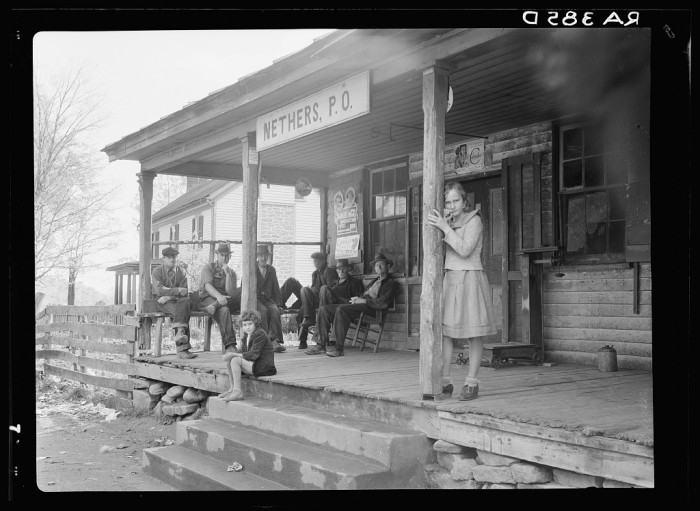 |
| Locals gather on the porch of the post office in the small town of Nethers in Madison County, VA 1935. || Arthur Rothstein / Library of Congress LC-DIG-fsa-8b26683 |
Life isn’t much different now.
I could live on 10 acres of land, but I may not have the time to grow enough wheat for my family each year. The beauty of that is that I can go to the store to buy wheat, or, I can depend on a fellow homesteader or farmer who does have the time and space to grow enough wheat, and then some. Or, maybe my neighbor grows a garden and wild forages, she preserves her food and she’s good for the winter. But maybe she doesn’t have the ability to harvest meat or eggs from her homestead. Well then, come right on over, I’ve got you covered! We can barter with eggs and meat for sacks of flour or wheat.
It doesn’t mean I’m mooching off of someone or being lazy—it means that I’m leaning on my community, and guess what, my community leans on me too. That’s the beauty of it all.
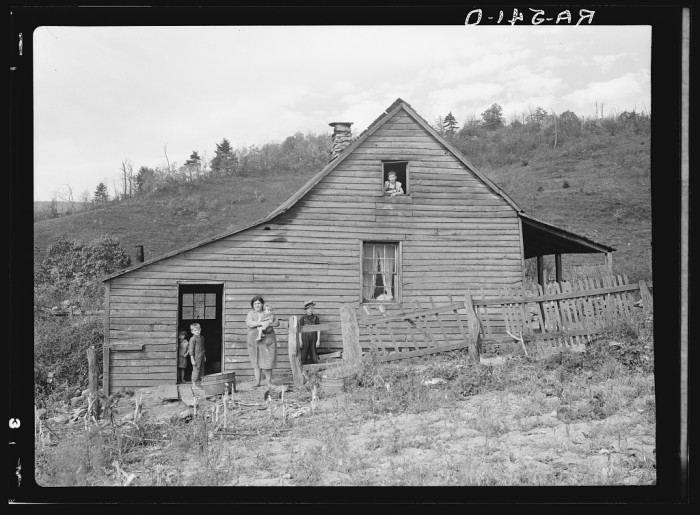 |
| The Dodson family at home in the small community of Old Rag in Page County VA before they were relocated, 1935 || Arthur Rothstein / Library of Congress LC-USF34-T01-000541 |
Homesteading and self-sufficiency were never terms that were used to isolate. If you isolate yourself completely, you may not survive. You may survive for an amount of time, but what about when you get sick or need a doctor? Or at least someone that can help you recuperate. What happens when a drought hits and you can’t grow anything? What happens when you’re in the dead of winter and you run out of lard or butter? What happens when your milk cow or goat dries up and your baby is crying and you need that milk? I highly doubt most people would throw their hands up and say, “well, I’ll just deal with it.” No, indeed. They would lean on their fellow man for help, as long as they aren’t too prideful.
You could rely on a food stashed pantry or the likes thereof, but even then, you still need something from someone, even if it’s just community. And eventually, that pantry runs dry.
Certainly, there are exceptions. There are those people who go missing and live in the wild for decades on their own. There are mountain men who you never see. But is that really realistic for millions of people who want to start homesteading? Probably not.
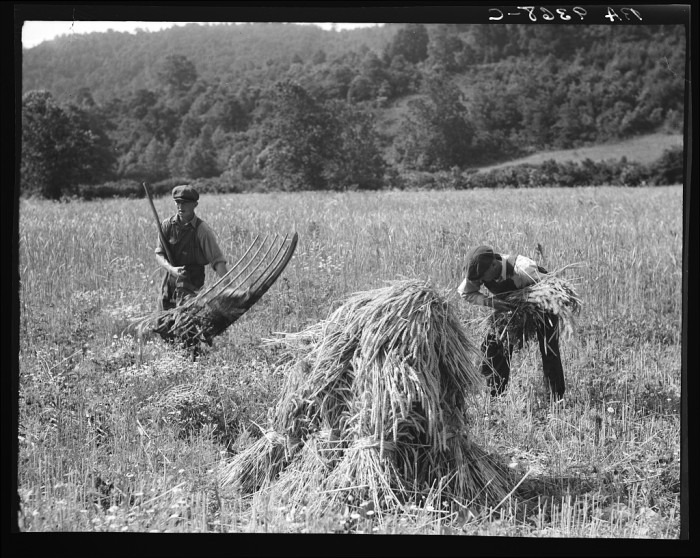 |
| Young farm boys cradling wheat on a farm near Sperryville in Rappahannock County, VA 1936. || Dorothea Lange / Library of Congress LC-USF34-009368 |
The moral of the story is, homesteading does, indeed, take a village. It takes hands that are willing to work, not just to survive on their own, but for others as well. Whether that looks like going to the store, patronizing your local farmer or homesteader, raising more than you need to help others, lending a helping hand during harvest, bartering for goods and services, or living in a community of like minded individuals.
When you begin your journey into homesteading, or to live a more self-sufficient lifestyle, going into this realizing that it’s ok to buy goods from the farmer’s market or your local farmer is completely liberating. Knowing that you can’t grow everything on your homestead, unless you take up being a vegetarian and veganism, or you change your diet to consume things seasonally (which is possible), is liberating. Maybe you’ll have to buy flour, wheat, oil, medical supplies, paper products, rags, clothing, gasoline. It could be any number of things. Big or small. But at some point, you’re going to have to have to step off your property and barter or buy something from someone. Or maybe you’ll be the one offering help.
That’s why we were put here, after all. To help, to grow, to learn.
The number one reason people stop homesteading is because they’ve been given a false reality that they have to do it all. But in a westernized culture, getting back to our roots overnight isn’t a possible task. It takes years, decades, centuries. We’ve lost entire generations that knew how to do this, and yet they still took the time to dress up and go into town to chew the fat with their neighbors and towns people on the front porch of an Old Country Store, or to buy a sack of wheat. Boys who’d run through fields without shoes on, yes, without shoes on—they are rare to find now days. We’ve lost children who are respectful and who know the meaning of hard work before they are 5. We’ve lost men who want to work hard, get their hands dirty, and provide for their families. They’ve forgotten how to hunt and fish. And we’ve lost women who know that being in the kitchen and the garden or field isn’t oppressive, but necessary, and rewarding, and full of satisfaction.
In order to get back to our roots, we’re all learning together. We’re learning from each other, from our ancestors, from history books—and we all bring something to the table in talent, skill, and growth.
Don’t lose out on that. Don’t isolate yourself because that’s what you think you’re “supposed” to do. Because I assure you, you’ll miss out on so much goodness and education from your community. And one day, you just may have to call on them when you’re in need.
More than anything, however, is that we’re leaving behind a legacy for future generations. Let’s not teach them that they have to isolate themselves in order to do it the “right” way.

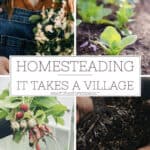
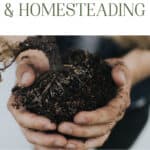
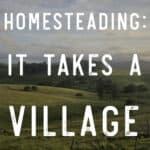

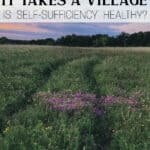
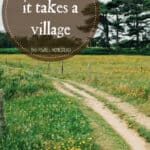
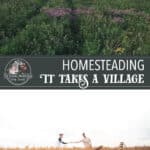

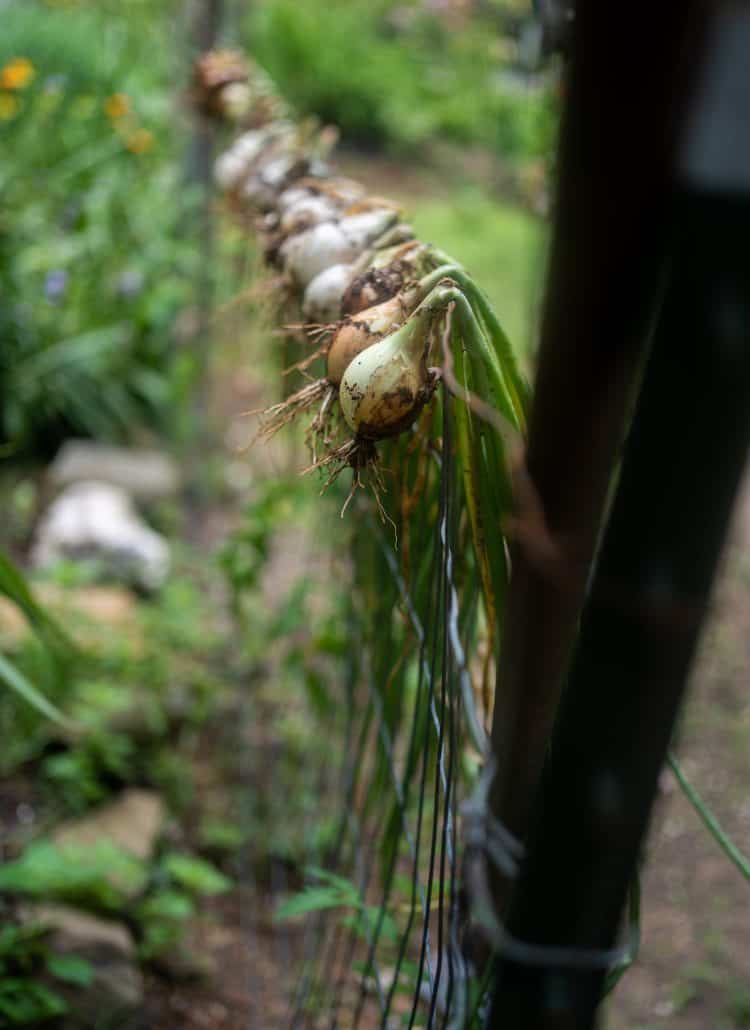
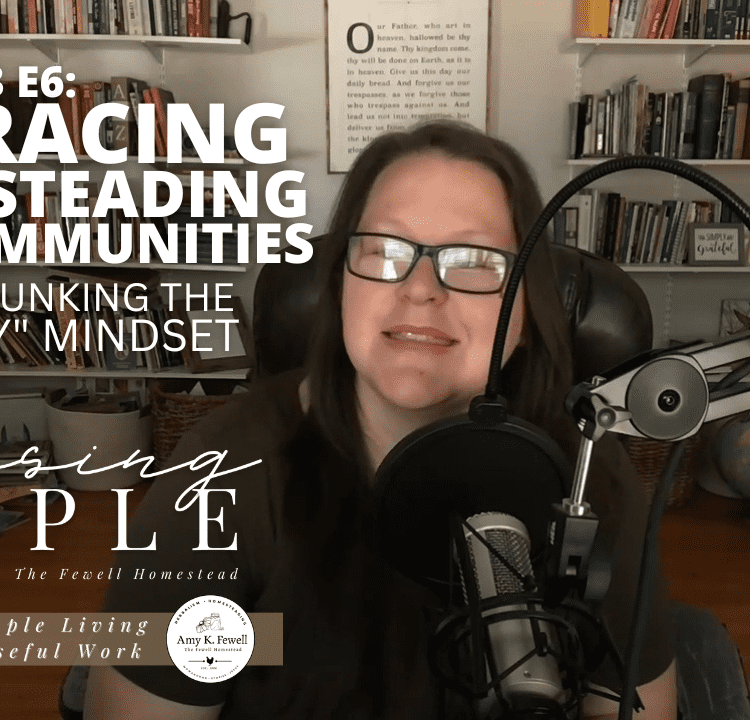
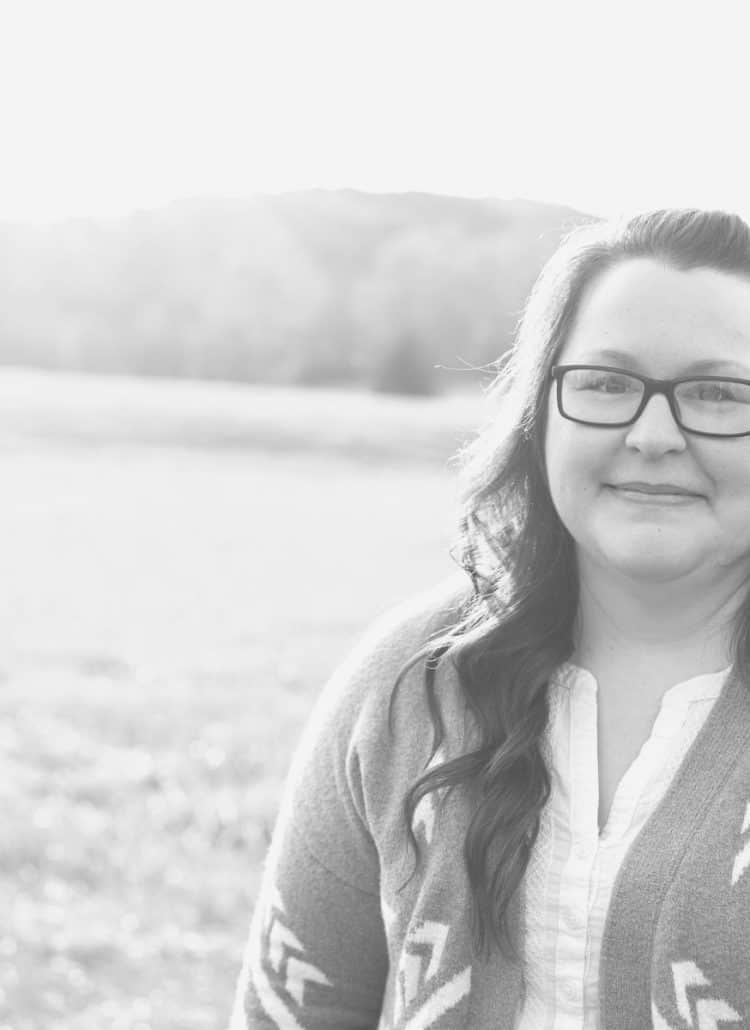
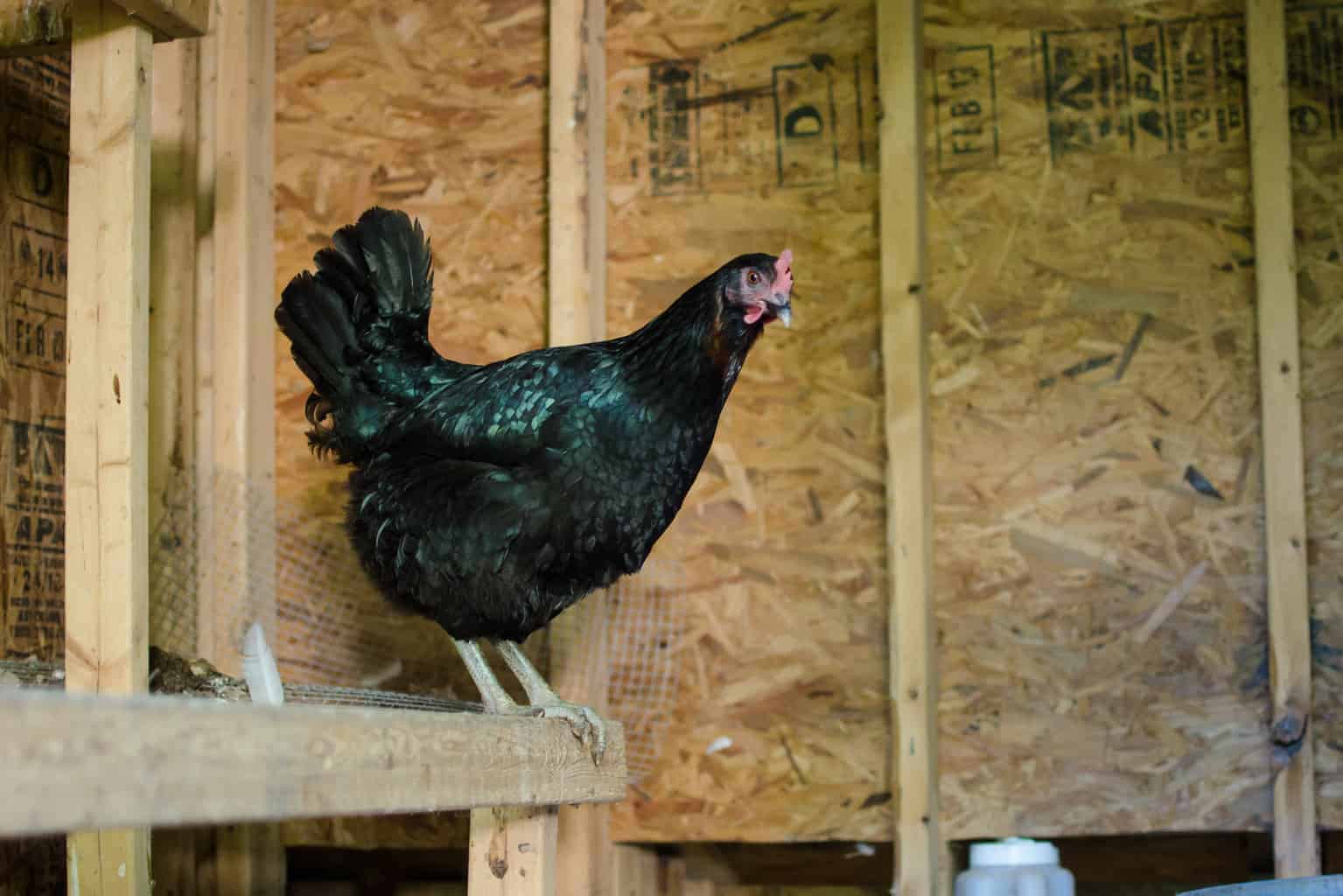
Leave a Reply